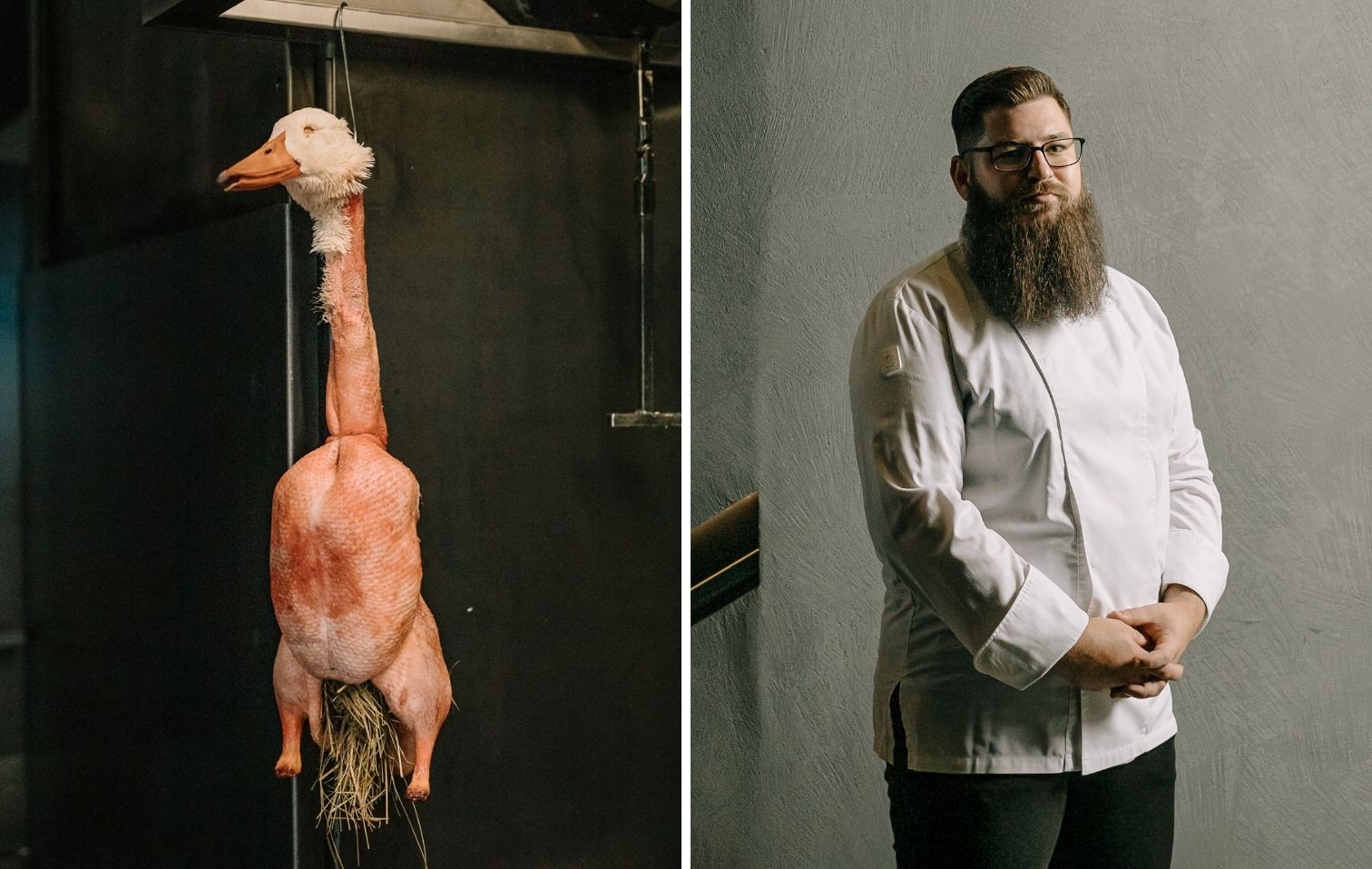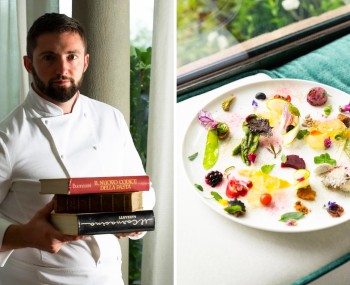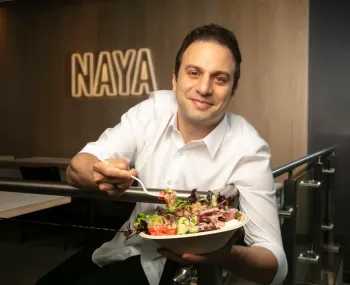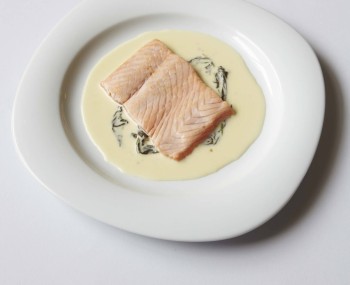"Our cooking works completely without fossil fuels, electricity or gas: beyond tradition or technique, using fire is an emotional act for me. There is a deeply primal and instinctive component to it, because it touches something within us that predates modern civilization."
Photo credits
Plates: Patrick Griesbacher-Tafner
Portraits and environments: Christian Maislinger, Julius Hirtzberger
The story and the restaurant
Vienna is a wonderfully vibrant, bright city, full of a beauty that makes it one of the most fascinating European capitals. Its gastronomic scene is no different, diverse and stimulating as it is. Among the restaurants worth telling about is Doubek, both for its meteoric rise to the Olympus of the Austrian scene and for the young age of its protagonists, Stefan Doubek and Nora Pein. Chef the former, creator of loving room service the latter, linked by a love affair that was born and developed alongside both of them' innate passion for the world of hospitality.
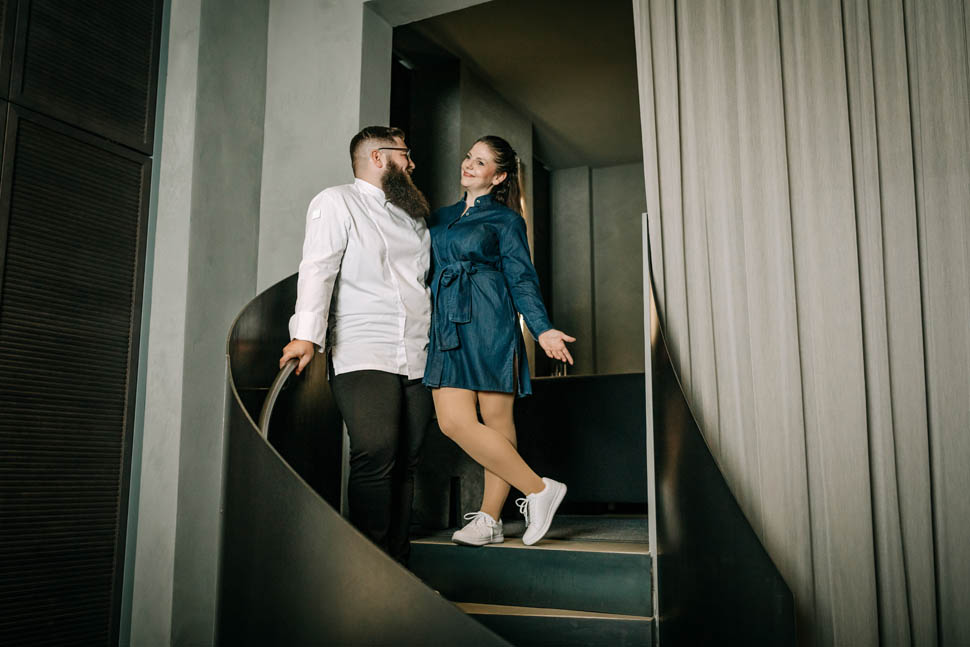
They recount, “Our journey together began over a decade ago. Side by side, we not only honed our skills but also discovered a deep personal bond that would shape our future. As our careers progressed, we worked and lived together, even facing periods of distance.". Stefan, born in 1993, fell in love with cooking at an early age: “After attending one of the best culinary schools in Vienna, I became head chef in a small restaurant.” But the position, although already significant, did not satisfy him all the way: "I realized early on that if I wanted it to be as I intended it to be, I had to give 100 percent and do it at the highest possible level. So I decided to start over, focusing on the finest cuisine.
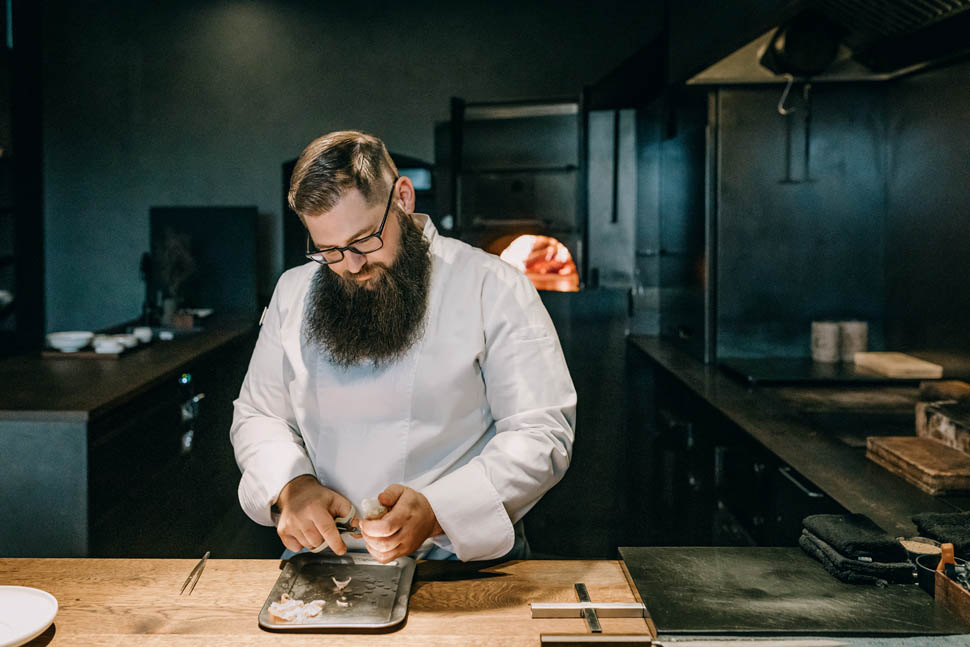
That's how I started working as chef de partie at Konstantin Filippou's, a few months after the restaurant opened, just where Nora and I met.” After a few months Stefan was promoted to sous chef: "It was there that I really honed my skills and better understood the complexities of high-end cuisine. After four years of total dedication, our team achieved two Michelin stars, what we had worked tirelessly for." But Stefan was not satisfied and “in an effort to broaden my horizons, I then moved abroad to work in internationally renowned restaurants, such as Jordnær in Copenhagen and Chambre Séparée in Ghent. These kitchens pushed me beyond creative and conceptual boundaries and I was able to deepen both my technical skills and the true craftsmanship and excellence of the products.
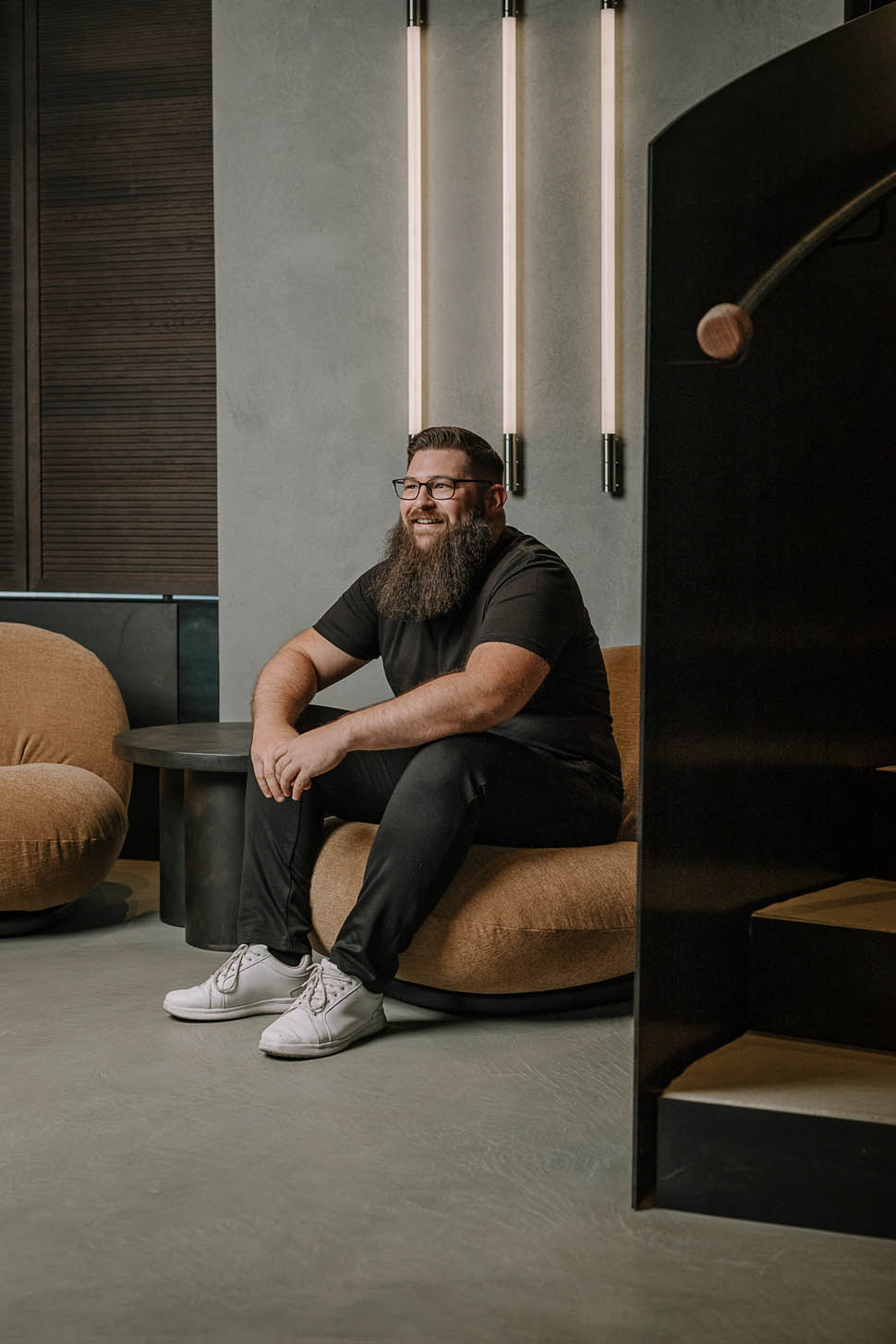
I planned to travel the world again, but Covid thwarted my plans. Upon my return to Vienna, I opened Fisch Bar on the Naschmarkt, where I focused on high-quality fish and seafood and built a loyal clientele. It was my first time in the kitchen, and it was amazing how this small restaurant was recognized and rewarded right away. I loved the place, but it was too small to develop any further; plus, from the beginning of our relationship, Nora and I dreamed of creating something of our own." Nora began her training at the InterContinental Hotel in Vienna, later working in Kitzbühel and again in the capital.
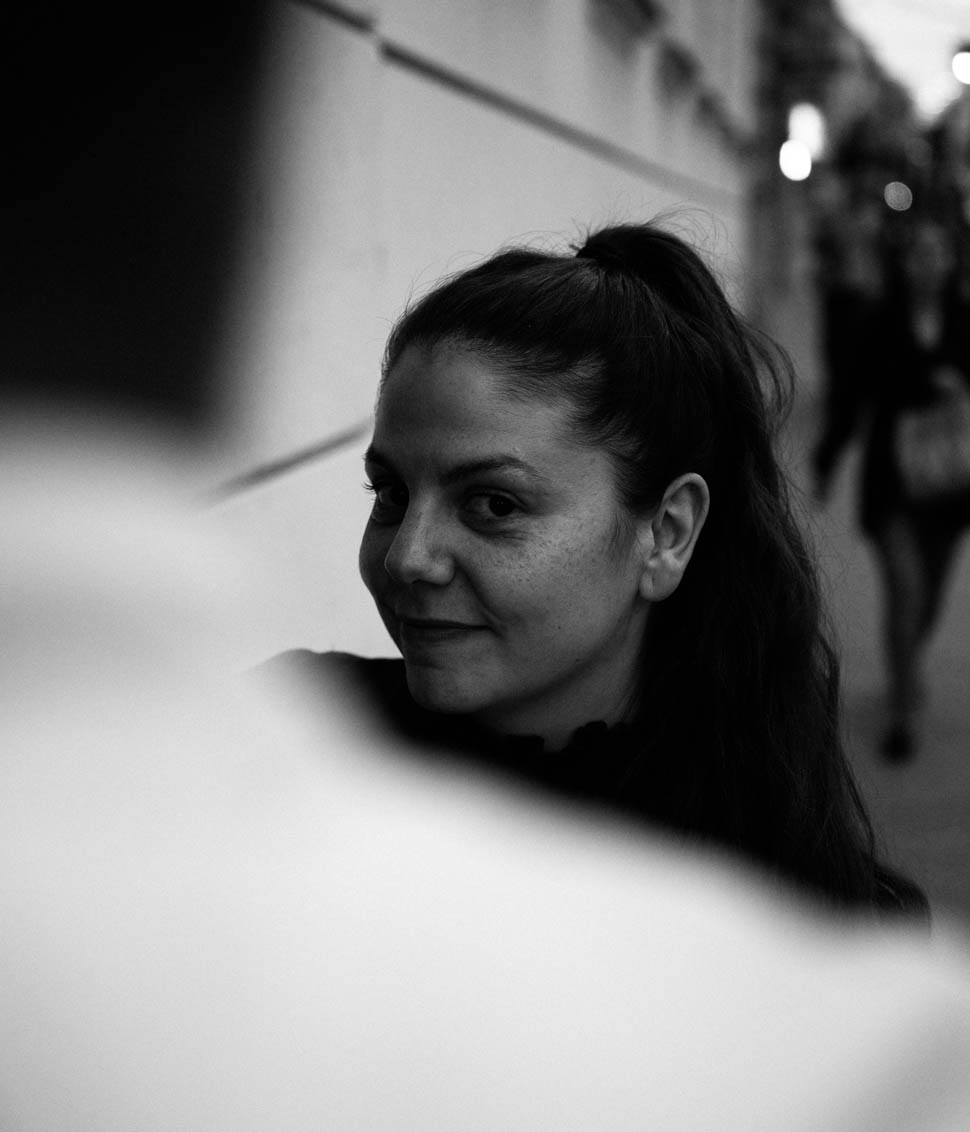
Then, he says, "I embarked on the MS Europa for a cruise around the world, where I gained valuable knowledge of international hospitality. Upon my return to the city, I started working with Konstantin Filippou.” There, at only 21 years old, he became head of reception, participating in the restaurant's growth to two stars: "It was a key chapter in my career, where I learned to understand the importance of precision, elegance and impeccable service. Later, I opened a place with a cafeteria and canteen, not aiming for fine dining, but as a managing director, this was to improve my administrative and leadership skills within a large team, and together deepen my understanding of office workflows.” The two recount further, “Despite the physical distance at times, our vision kept us closely connected. Thus, after the development of the Fisch Bar, our restaurant today is not just a concept because it reflects the way we are and live: it is the culmination of our experiences, our dreams and our dedication."
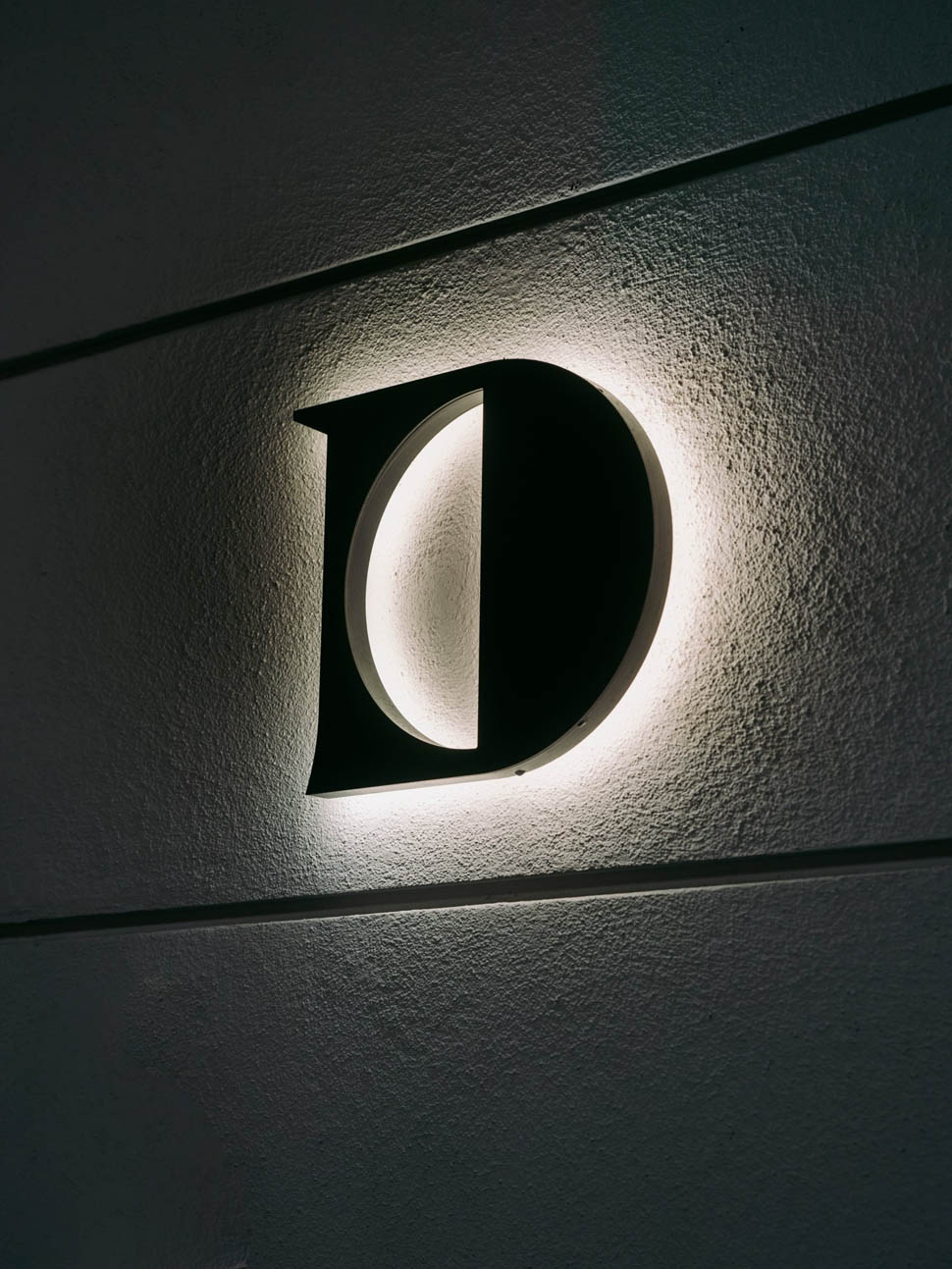
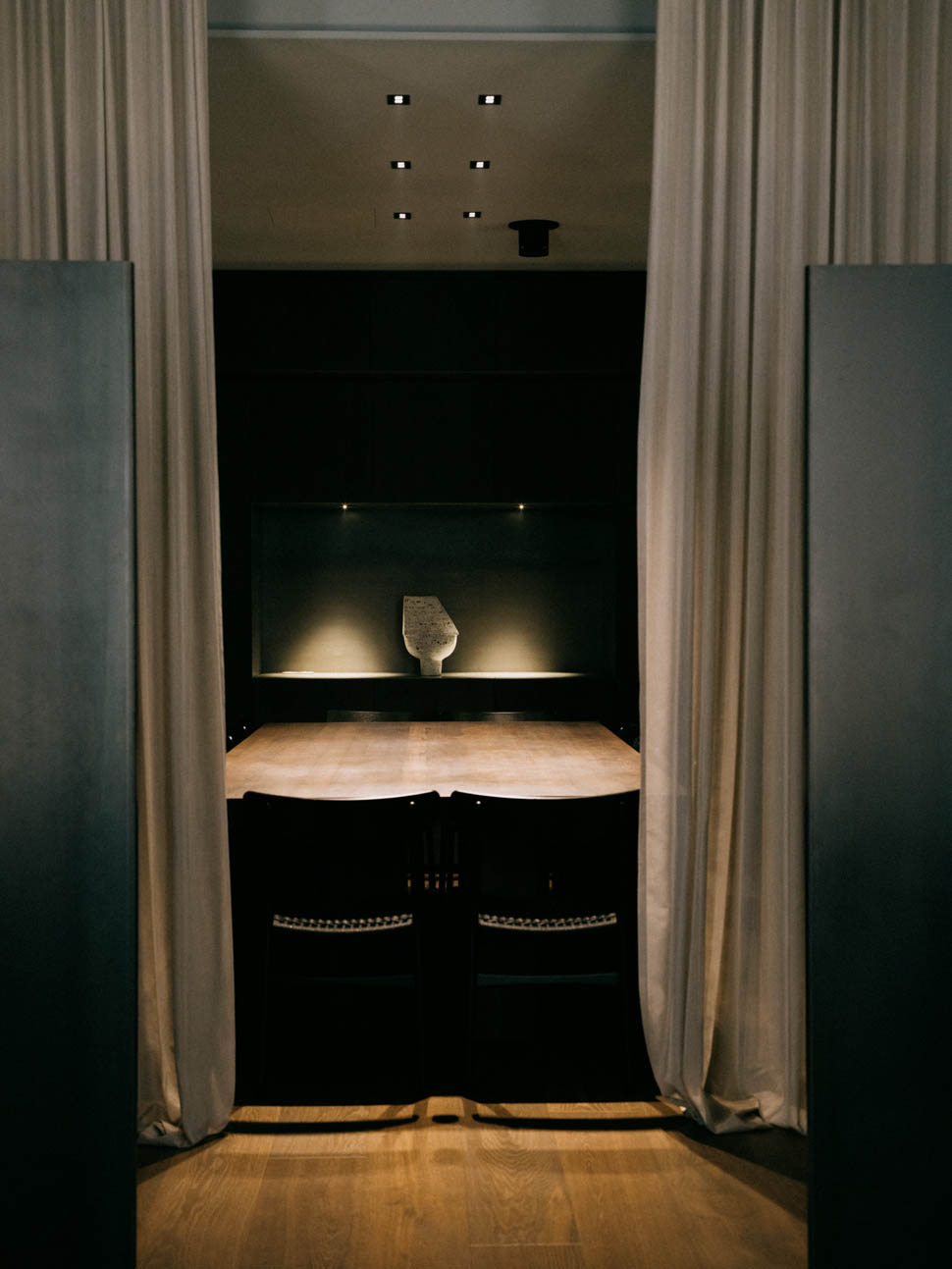
Two determined young people, then, and at the same time big-hearted, so much so that Michelin noticed very early on, as the two stars came together just a few months after opening: “ It was an overwhelming and deeply exciting moment, the result of an incredible journey. Our restaurant is still in its infancy, which makes the honor of the two stars deeply gratifying and surreal together. We put our whole heart into this project, investing every ounce of energy, passion and our savings." Indeed, when Stefan lets us flip through the album of photos chronicling the transformation from an abandoned place to what is now an elegant dining room with a grill and open fires, it becomes even clearer with how much convinced stubbornness he and Nora have achieved their goal.
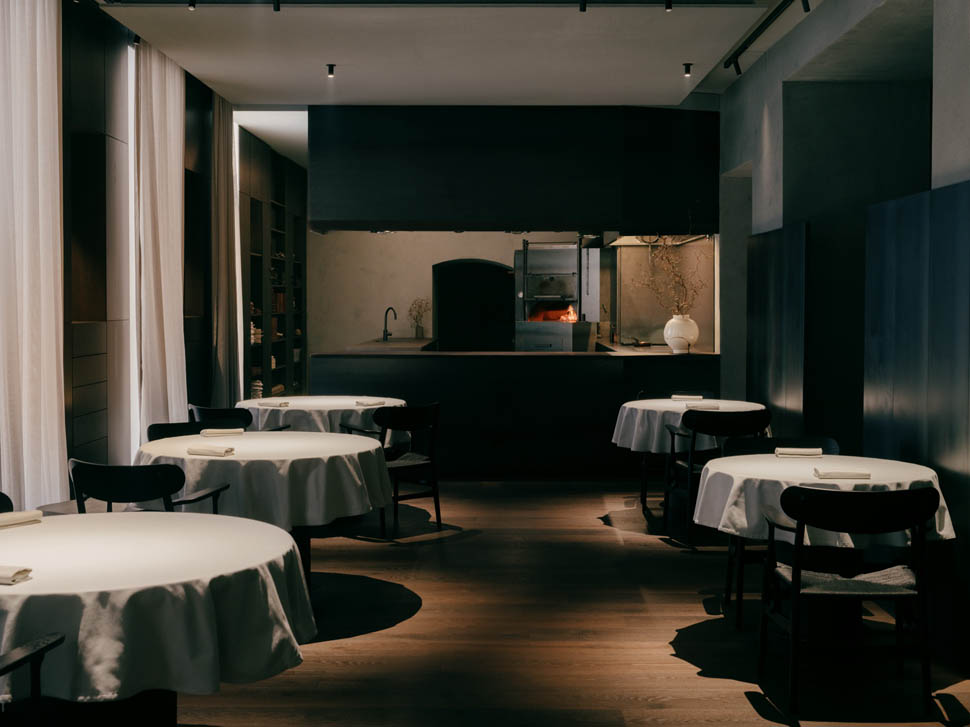
"Our vision was to create a dining experience that connects with people, combining tradition, craftsmanship and emotion. Seeing our guests leave with a smile, feeling that they have experienced something special, has always been our greatest reward. On a personal level, this achievement has special meaning for me as a parent. It is a tangible example to my daughter that perseverance, passion and hard work pay off. It is a lesson I hope she carries with her throughout her life."
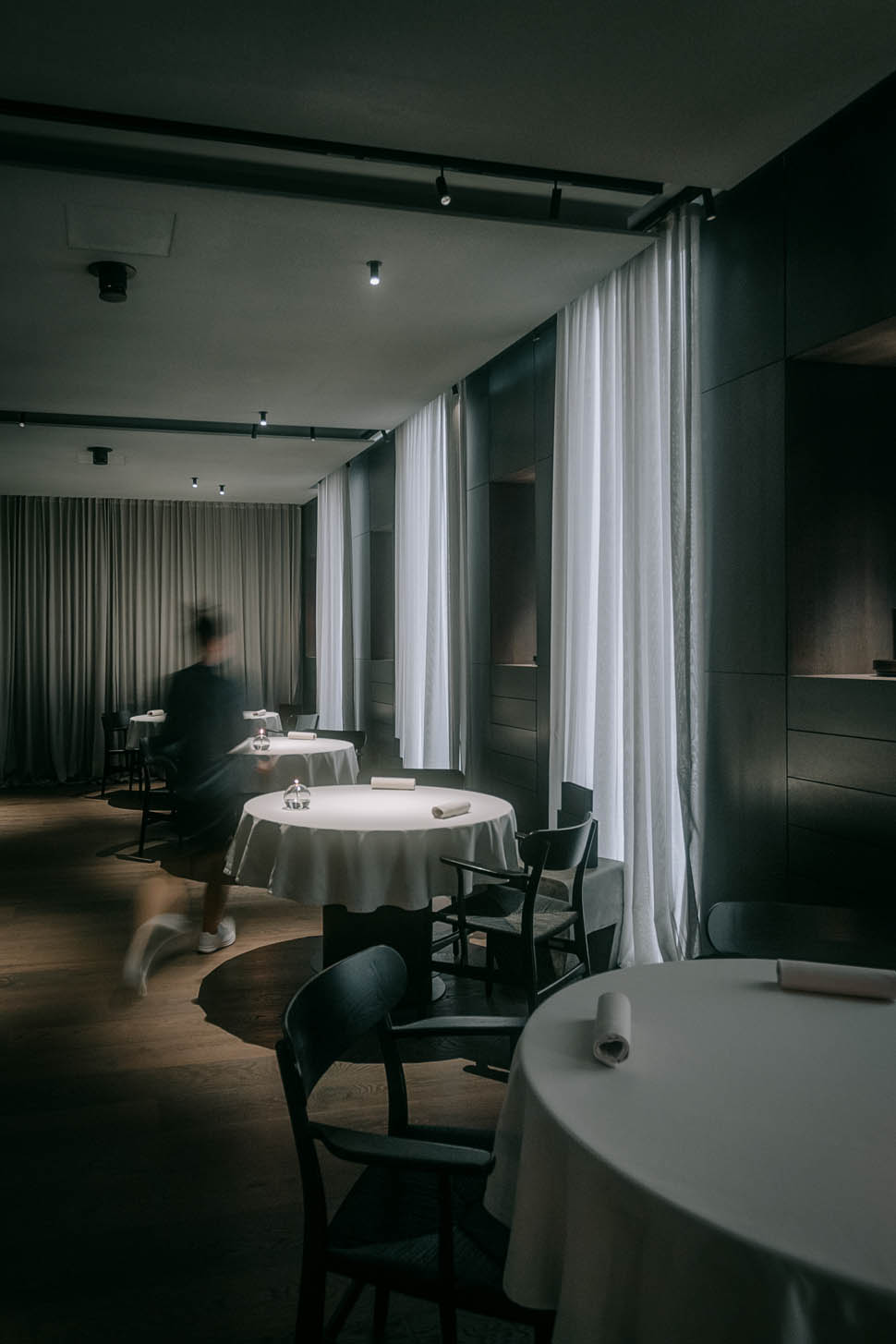
The cuisine
Stefan, in the kitchen, works without electricity or gas: “My relationship with fire began in childhood. I have vivid memories of sitting around the fire with my parents, toasting bread and other simple things over an open flame. They were not just meals, but rituals of connection, warmth and wonder. That emotional connection with fire has been with me ever since. Over time, my passion for grilling and cooking over the flame has only deepened. In Belgium, I discovered that living fire could coexist with fine, upscale cooking.
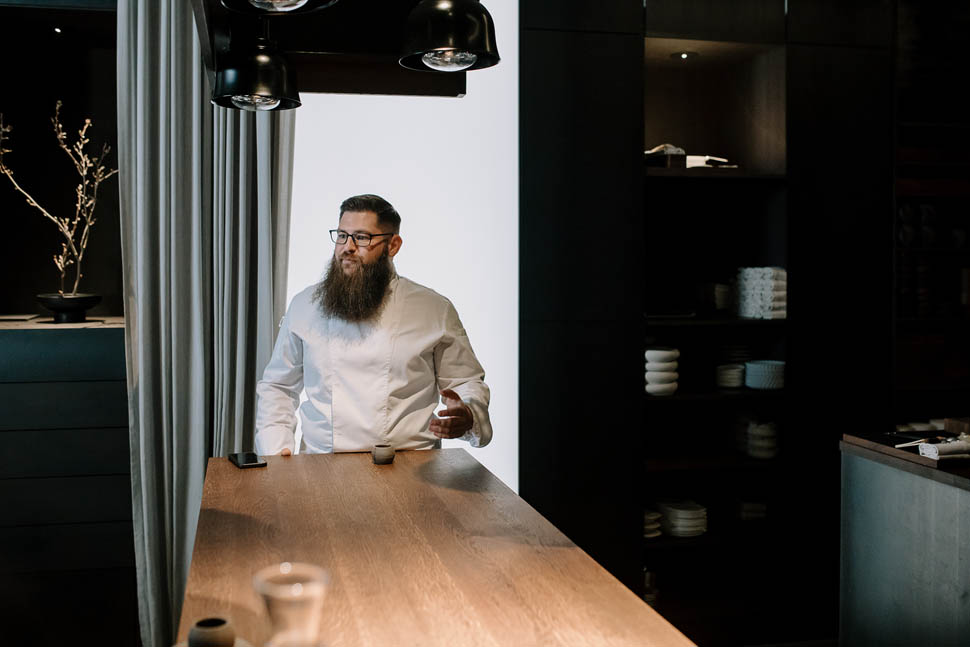
In the Fisch Bar I used to prepare everything on a hibachi grill. It was there that I began to discover the potential of fire, not only as a tool, but as a language. That period profoundly shaped my style, so when I opened my restaurant, the question was not whether fire would play a role, but how central I could make it. Today our kitchen operates completely without fossil fuels, electricity or gas for cooking. Instead, we use four specially designed cooking stations and a completely custom-built wood-fired oven, created in close collaboration with master chef Kurt Gellner: it is one-of-a-kind, made specifically for our space. But beyond tradition or technique, cooking with fire is an emotional act for me. There is something deeply primal and instinctive about it, because it touches something within us that predates modern civilization. Fire was humanity's first tool for transforming raw ingredients into nourishment. That ancient connection, raw, unpredictable and alive, is what happens here every day. It's not just about creating flavor; it's about reconnecting with the very origins of cooking."
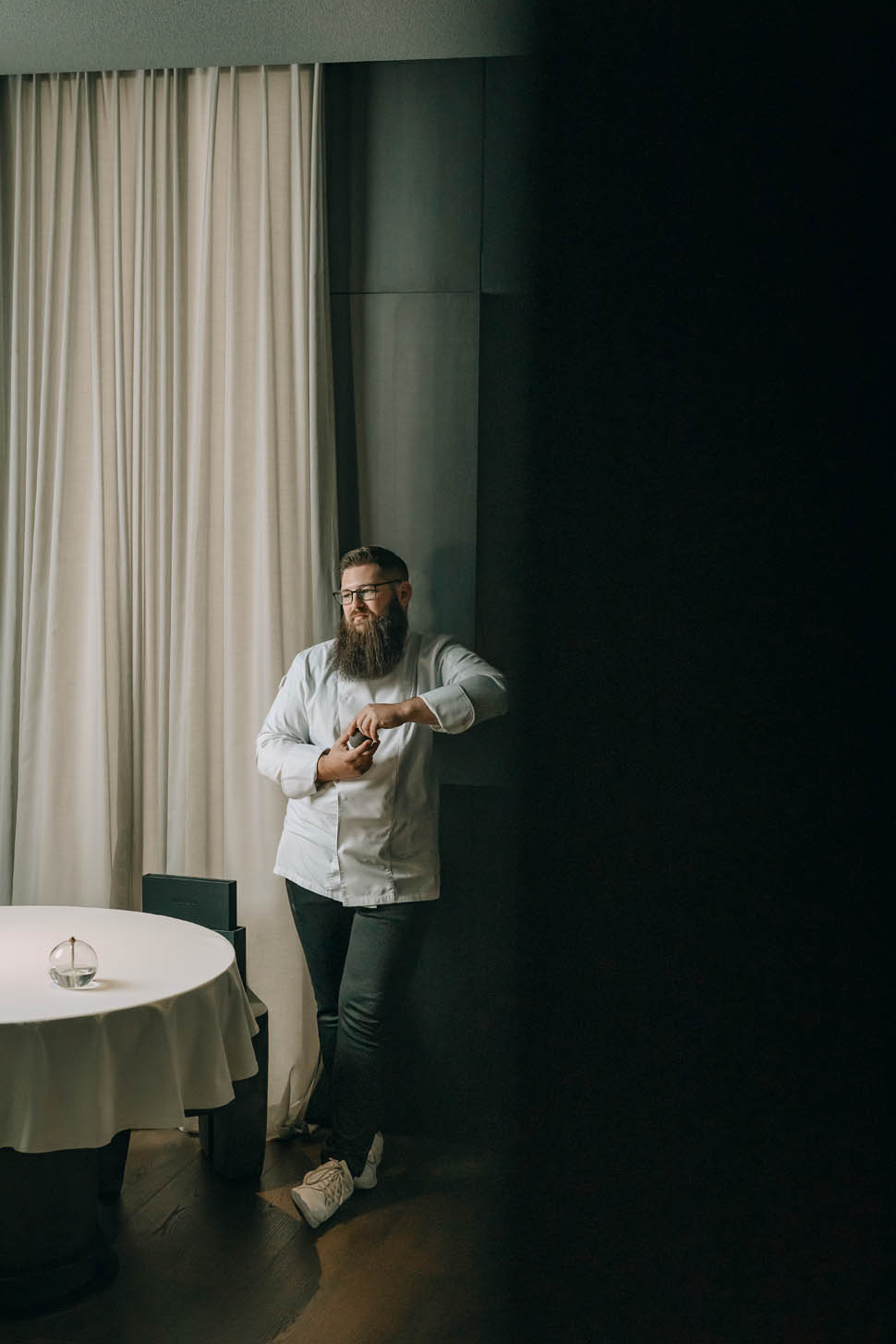
The Dishes
The tasting course, accompanied by a selection of wines that Nora offers blind from a list full of interesting bottles, often surprising with niche labels, is a succession of at least fifteen incisive and at the same time extremely elegant morsels. We'll recount a few, starting with the exquisite fermented oatmeal bread, served with French salted butter and Imperial caviar on crème fraîche: “it's a tribute to bread, a seemingly simple food, but profoundly essential in our lives, here enhanced with the best possible accompaniments: caviar, champagne and a big butter.” The king crab is gently steamed and accompanied by a tarragon emulsion and Gorria chili oil, with a fruity flavor. Here lightness and freshness are found in harmony along with the depth of the bisque, which at the expense of intensity never overpowers.
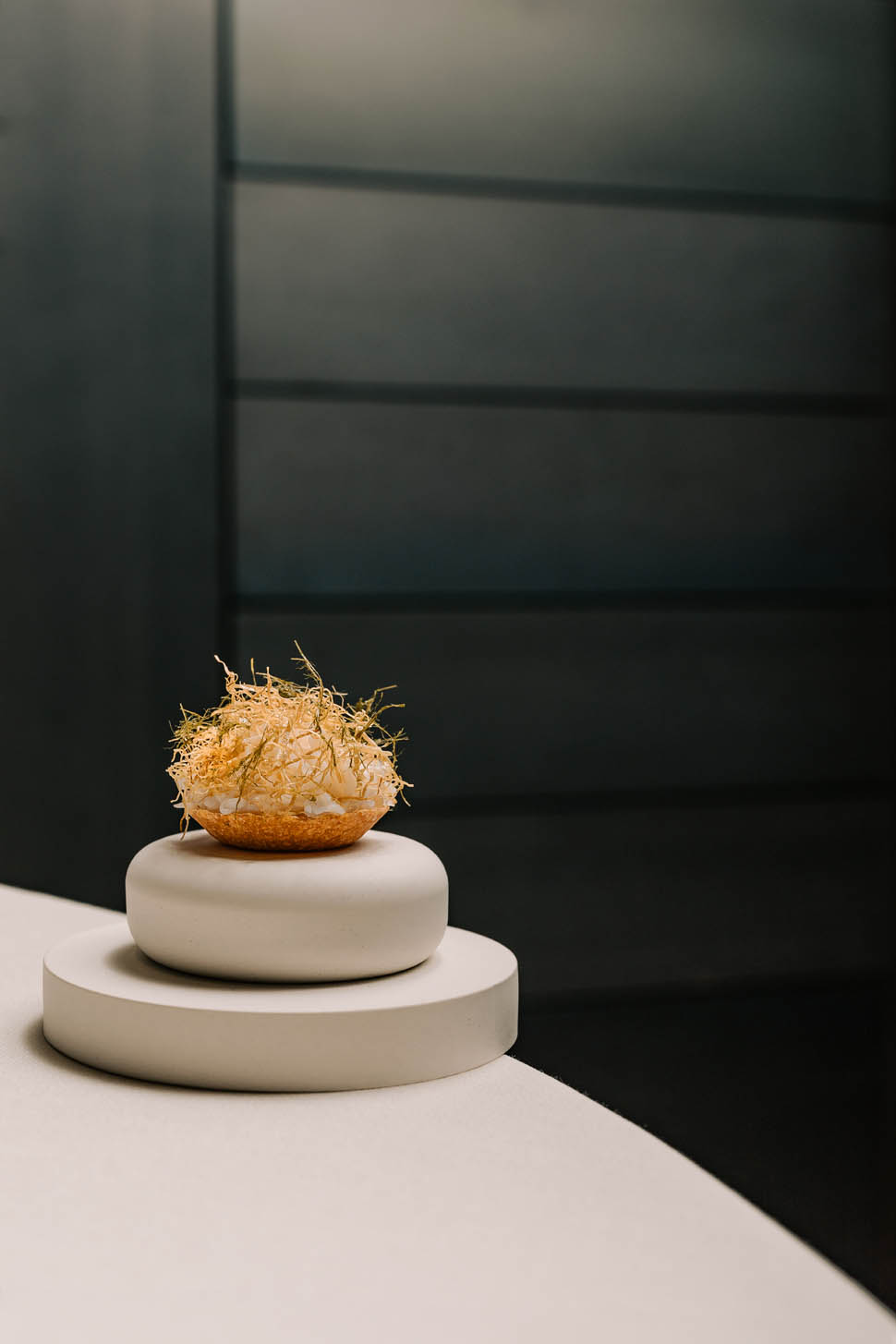
In carabinero, tamari, lemon, the succulent crustacean is served in all its parts: the crispy legs and the sauce squeezed from the grilled heads, it is then enriched with a tamari egg yolk cream and the light fruit of Meyer lemons, a beautiful interplay that moves between savory, citrusy and roasted flavors: “It became a dish beloved by guests, embodying both the purity of the product and the idea that every part of an animal, when treated with care and attention, can offer beauty.”. Scallops, Roscoff, Sherry: In this dish of remarkable finesse, scallops are grilled and hand-dipped in a Roscoff onion broth, garnished with Pedro Ximénez sherry mousse and a homemade XO sauce: between delicate sweetness and umami notes.
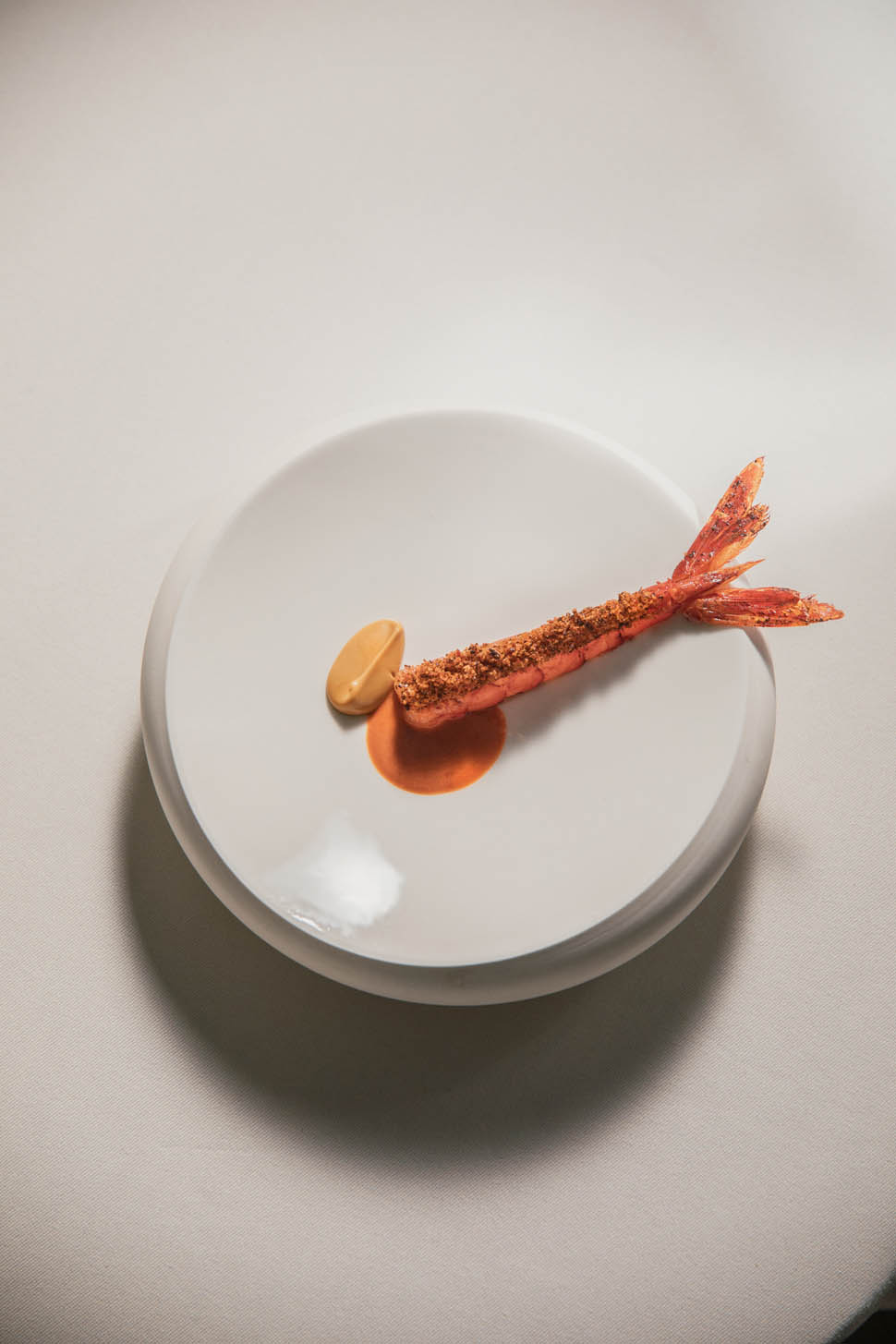
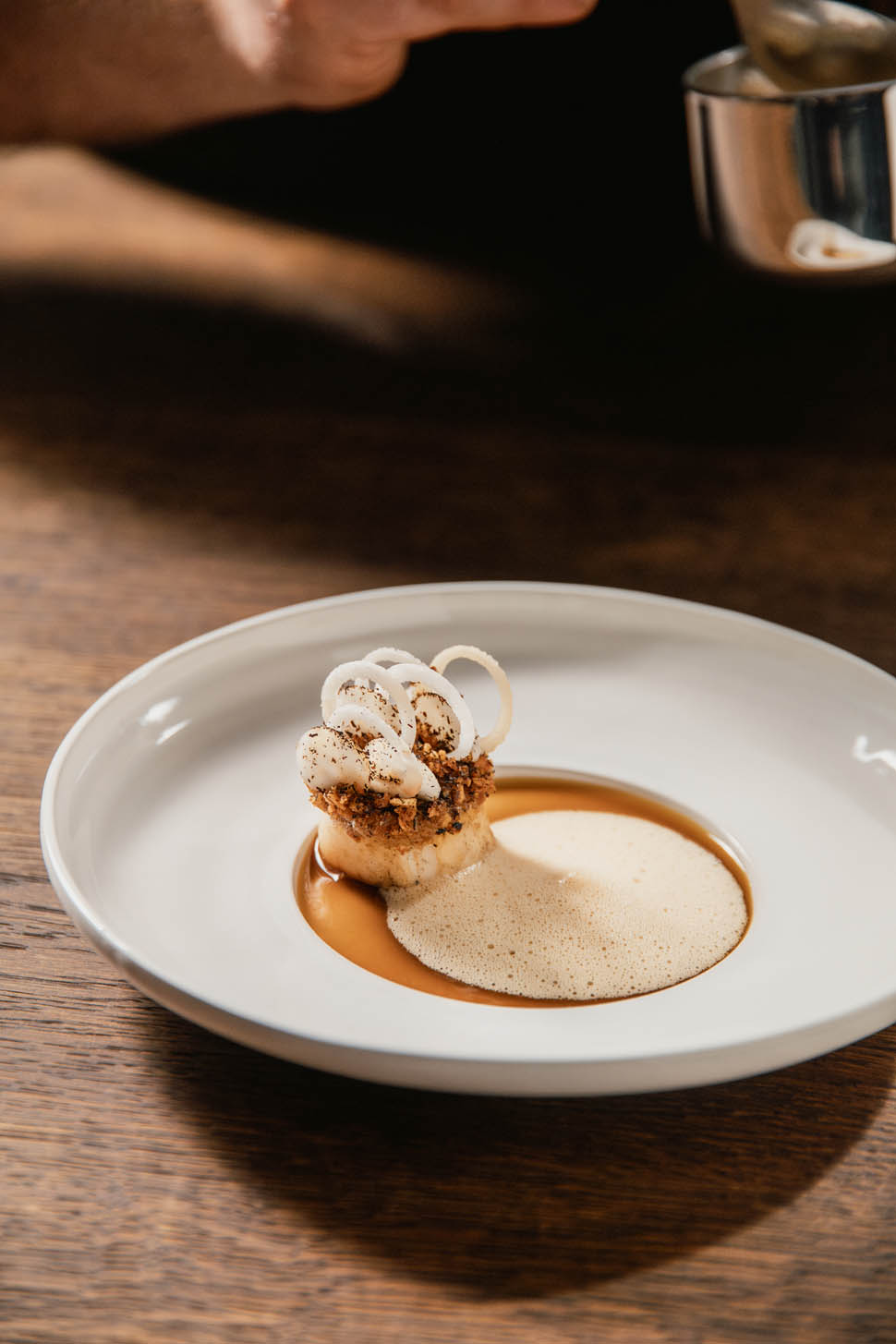
The texture of turbot and pil pil is marvelous: the fish is matured for five days and served with a sauce made exclusively from bones, skin and head, silky and rich in collagen: just two ingredients, with a unique gustatory richness that the chef calls “purity and restraint.” In the case of shrimp, mizuna, yuzu , the crustacean is grilled over charcoal and glazed with shio koji, paired with a cream of mizuna and yuzu kosho butter. This, too, is a dish connoted by great freshness. Stefan recalls about the scampi: "We developed our own direct supply system to ensure delivery directly from Norway, refusing to compromise on quality. The yuzu, like most of our citrus, is grown by us on our terrace.". More cod, beurre blanc and peas, another small masterpiece of harmony: the fish is marinated in microplastic-free seawater, with dashi-beurre blanc, grilled peas and finger lime leaf oil; it cooks in an oven at nearly 400 °C for a few seconds, surrounded by fire but untouched by it. The peas are grilled directly over the coals and marinated with mirin, giving the dish a precise texture and slight smokiness.
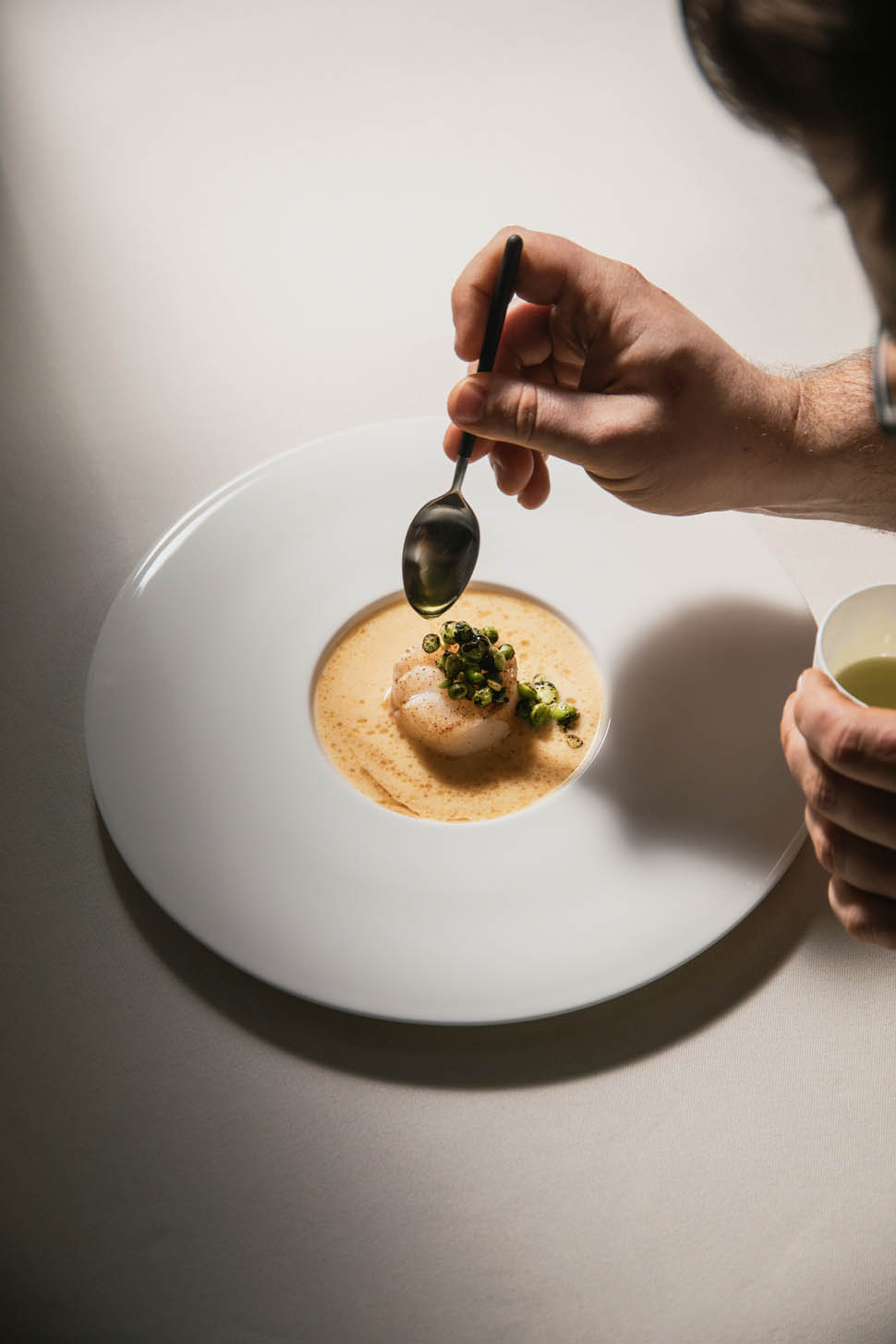
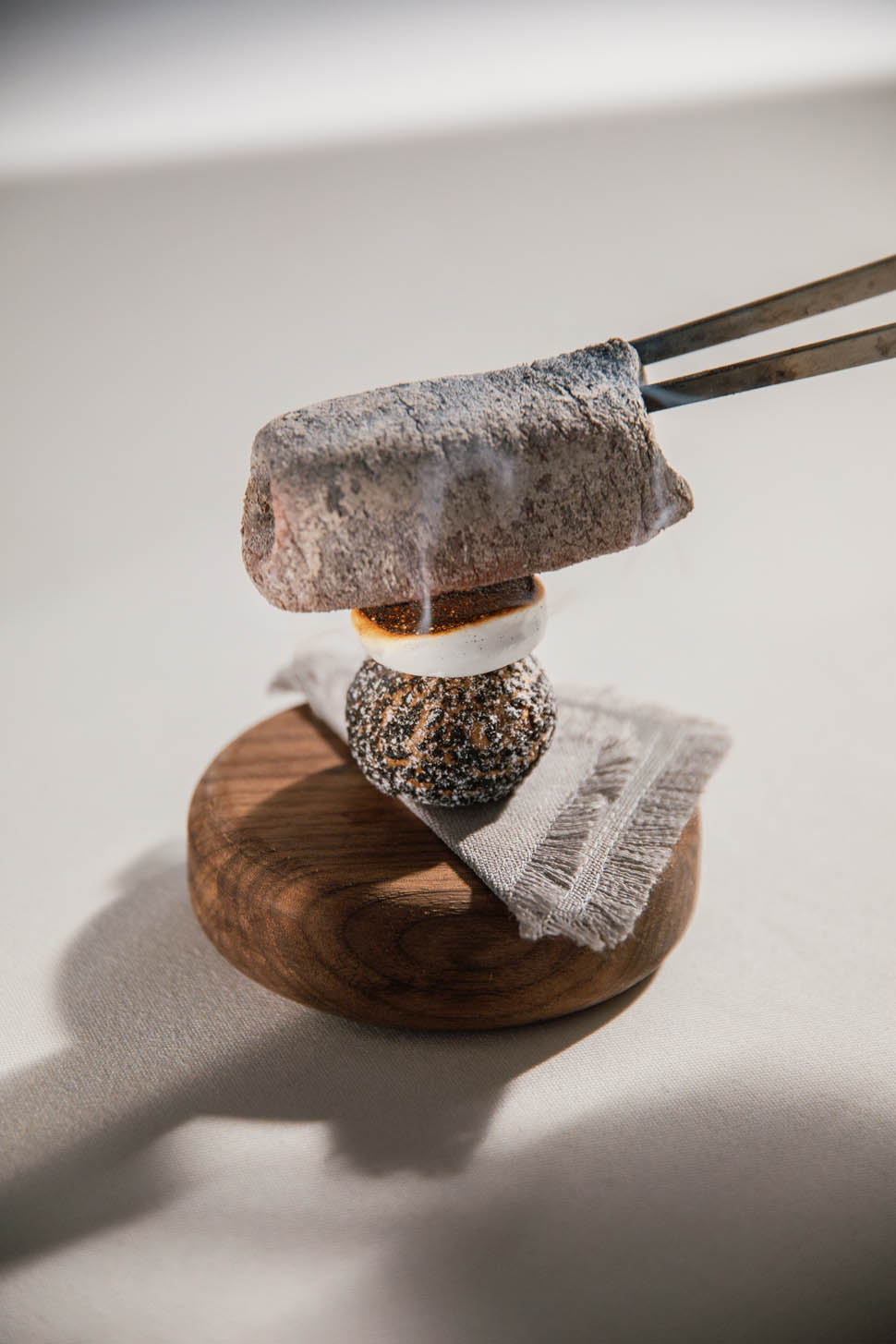
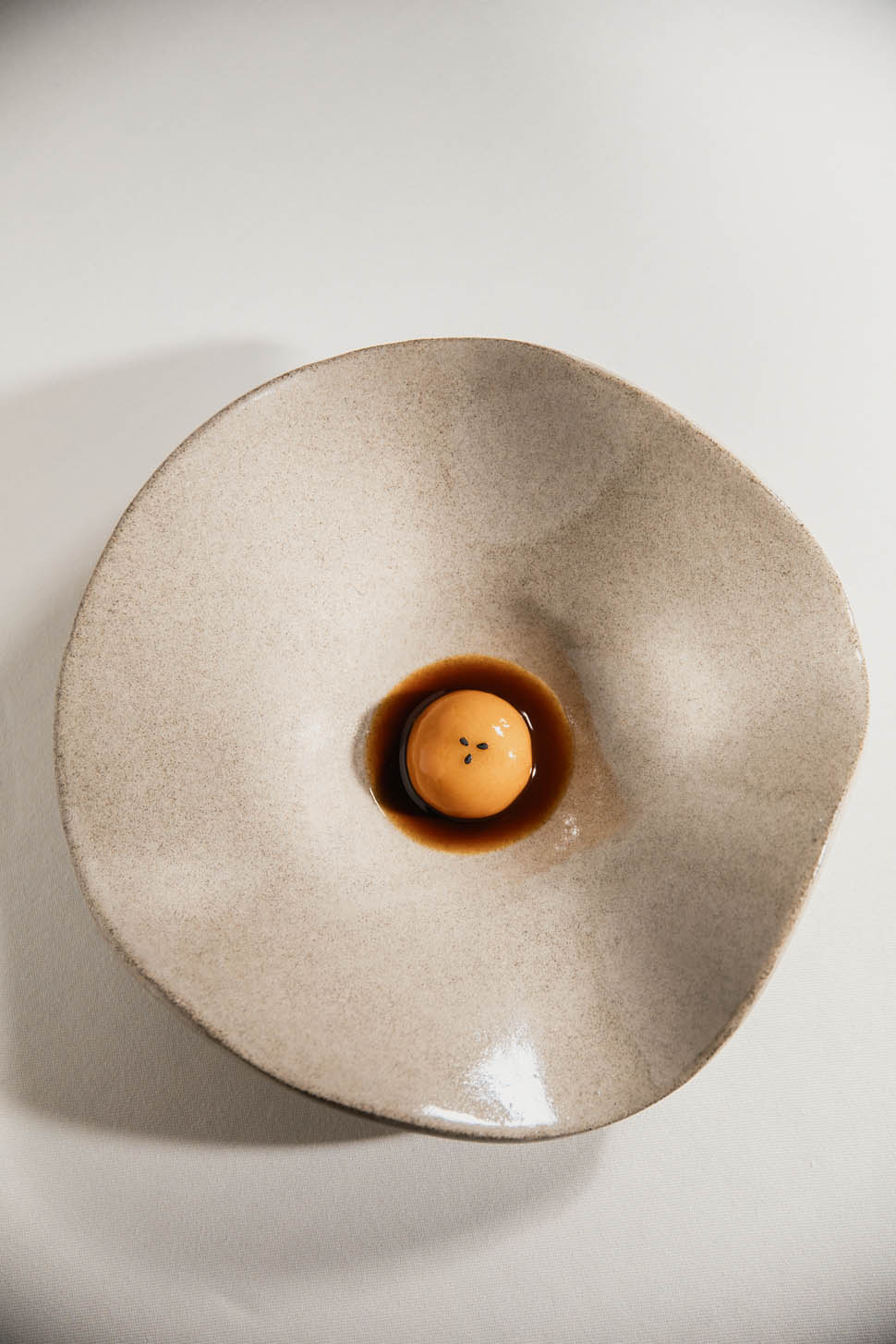
Succulence and finesse distinguish Challans duck: matured for five weeks and finished over an open fire, it is served with blackcurrant wood oil, duck liver foam, and blackcurrant jus. According to Stefan, time is the most important ingredient: “it took months to perfect the curing process with koji. Then, roasting the whole duck in the oven at 700 °C requires deep attention, because there is no fixed recipe and each step introduces a new variable. It is a dish born not only of technique, but also of feeling, guided by respect for the product." An experience that is fixed in memory.
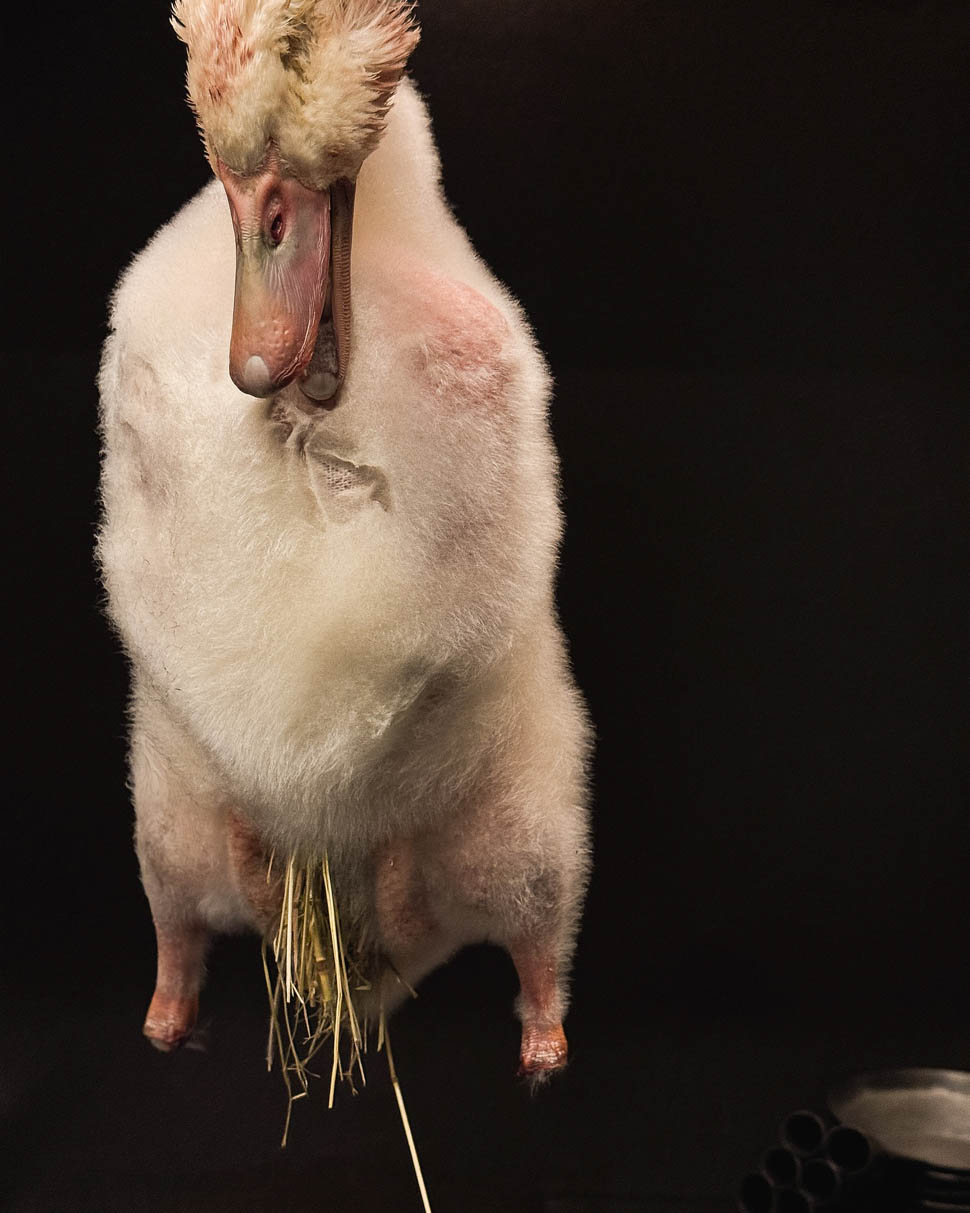
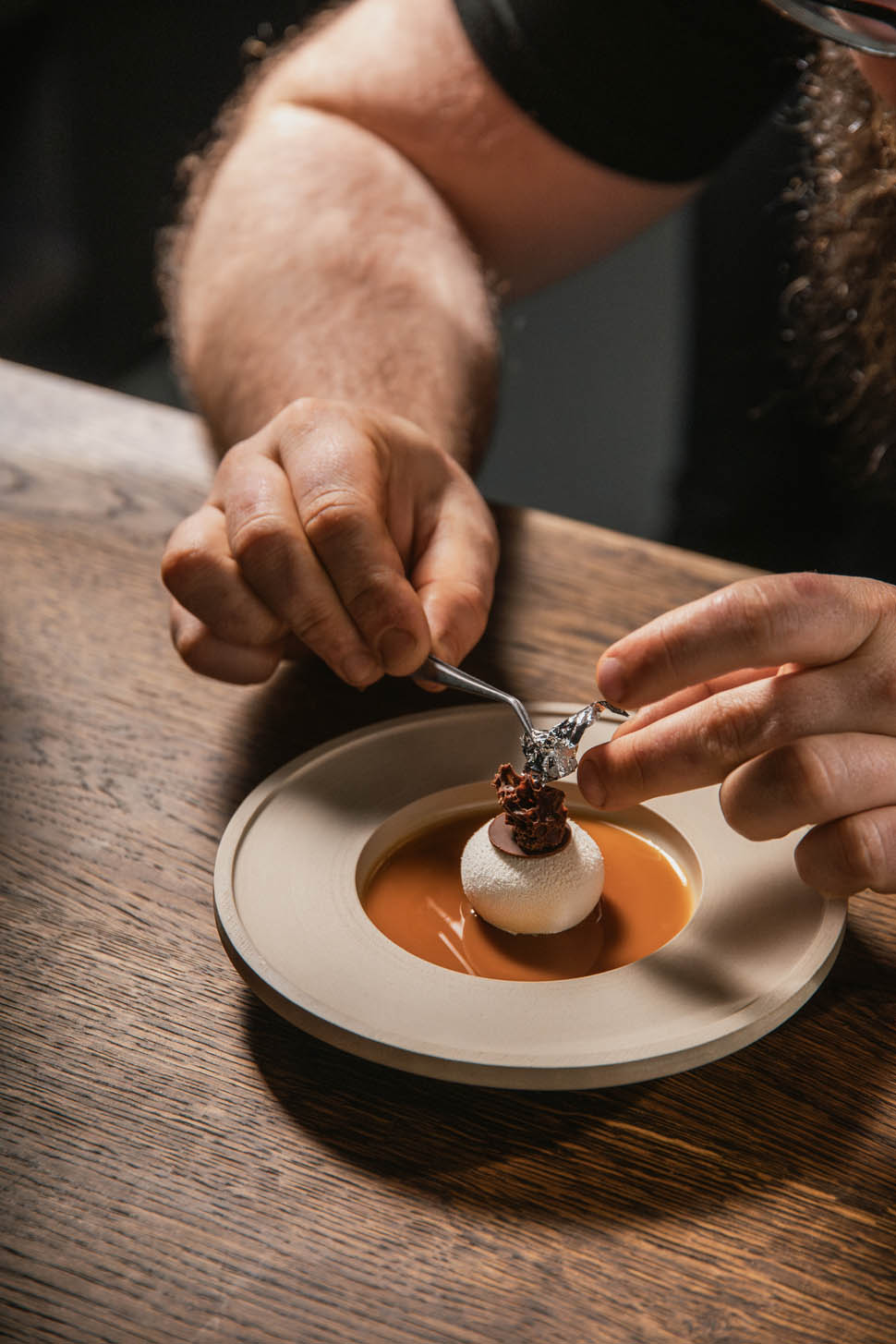
Contact
Doubek
Kochgasse 13, 1080 Wien, Austria
Phone: +43 664 78201144
